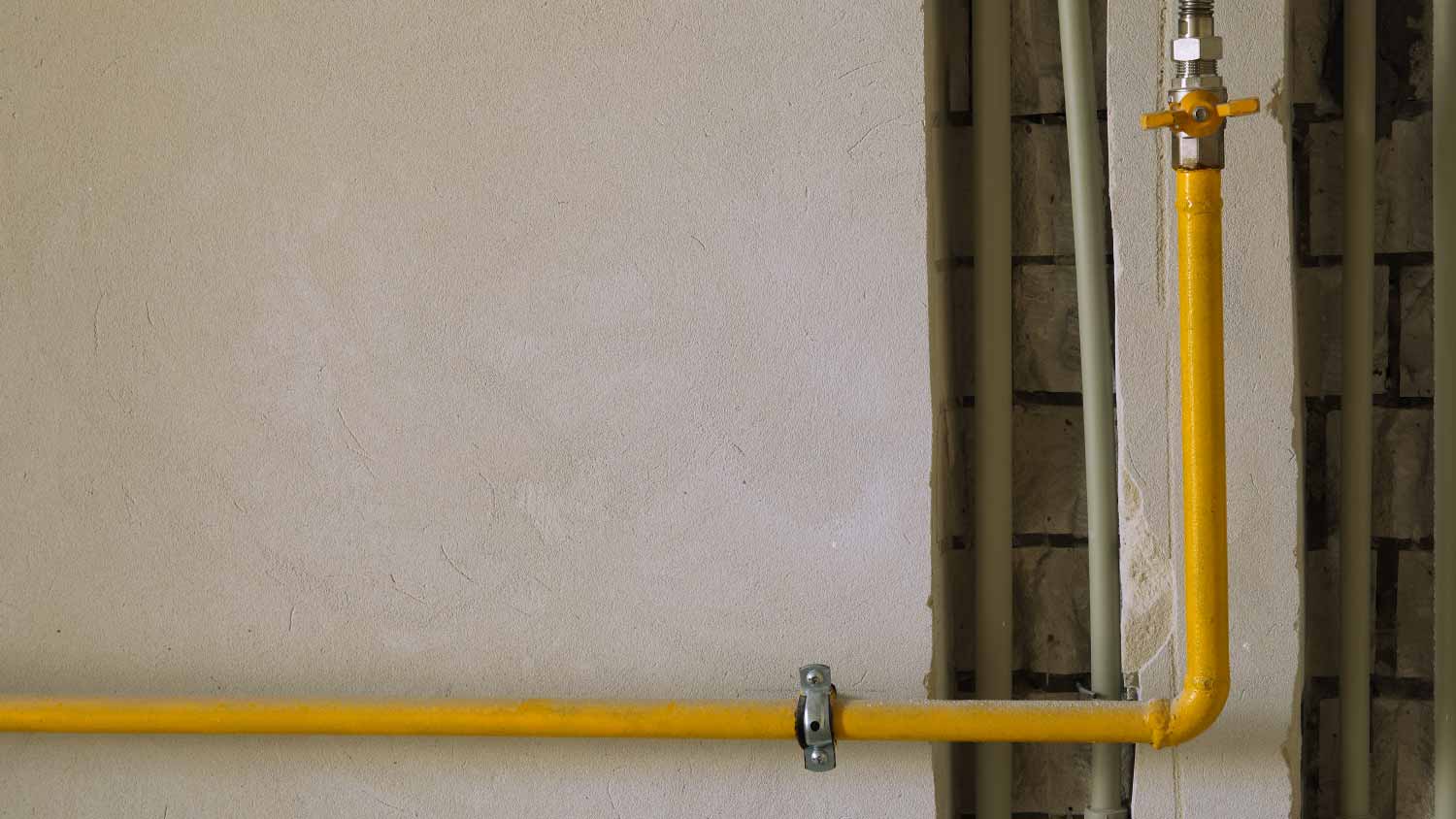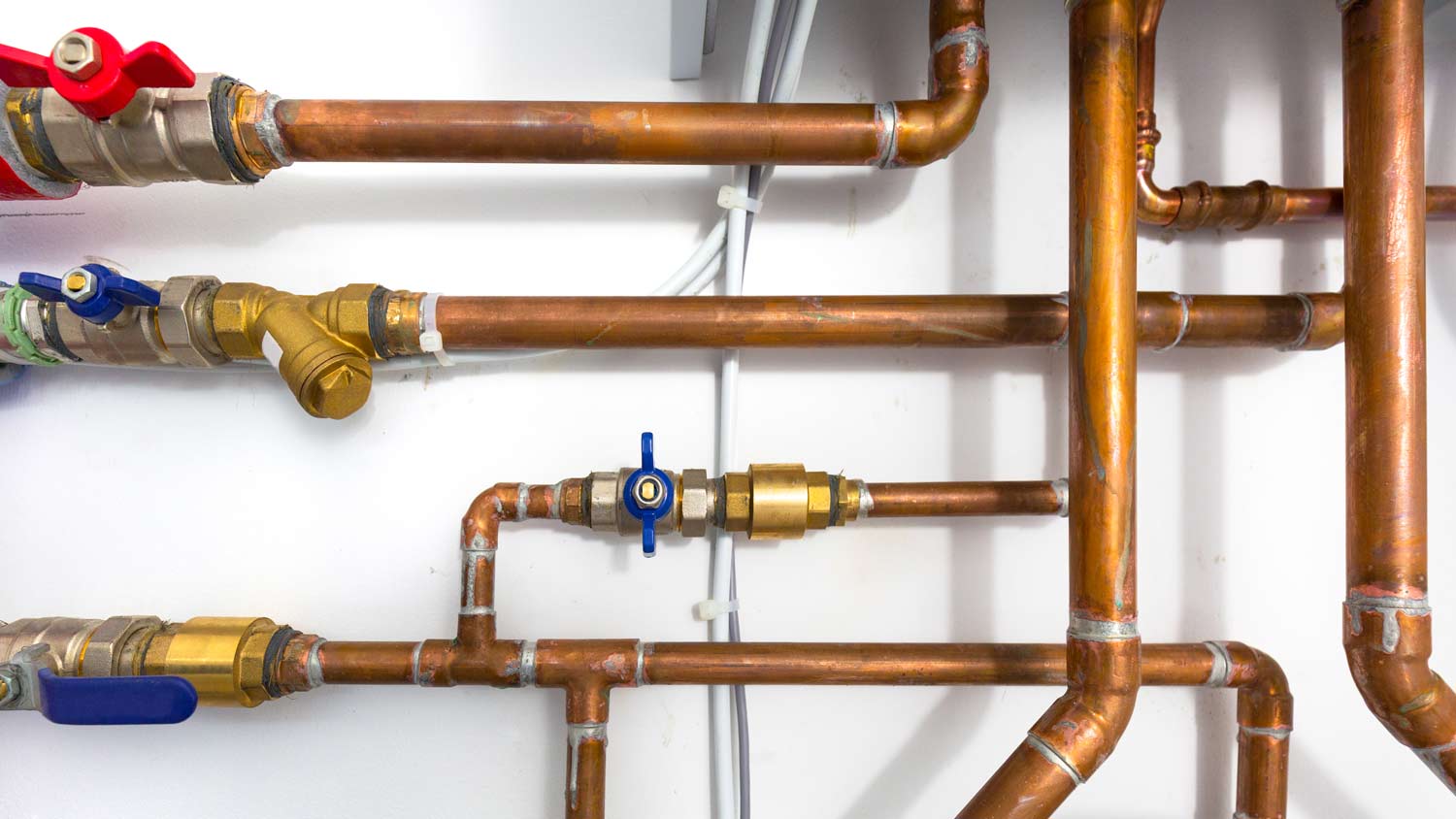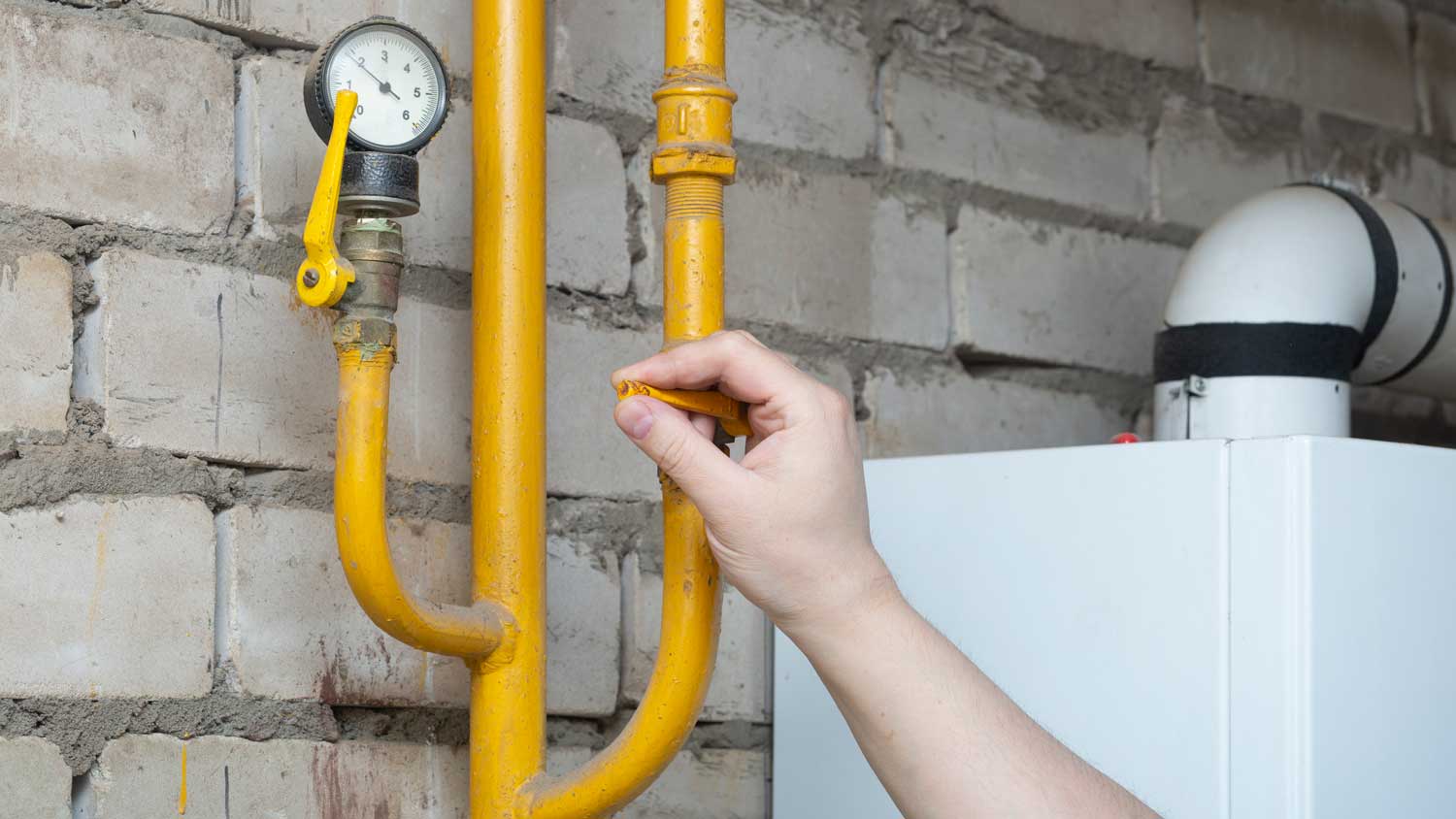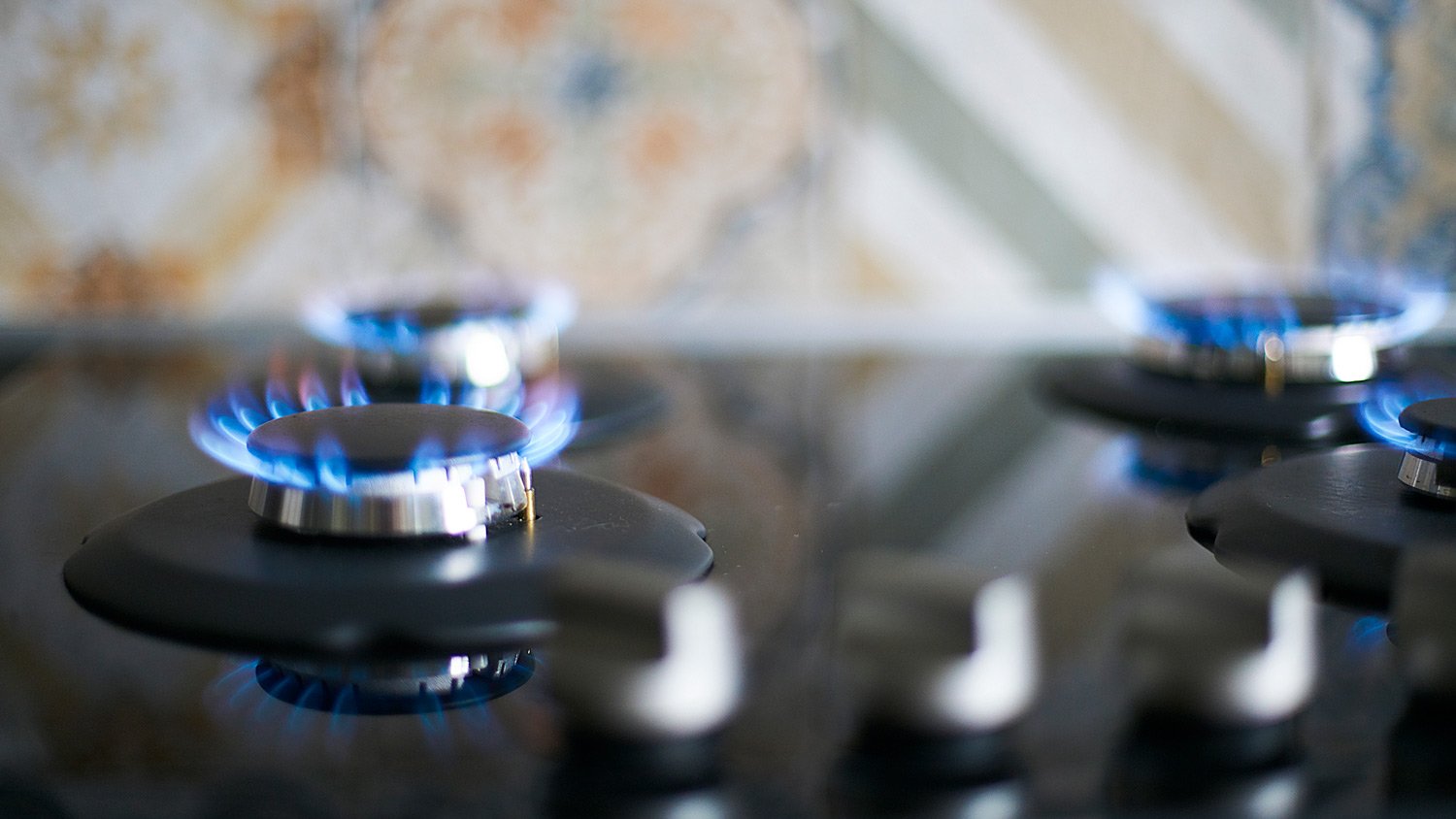Can You Use Teflon Tape on Gas Lines? Let’s Clear the Air
Stop, drop, and roll back to the hardware store


White Teflon tape is designed for water lines; yellow Teflon tape is designed for use on gas lines.
White Teflon tape will break down over time and may not meet building codes for gas lines, so it’s not recommended.
It’s safer to use yellow Teflon tape, pipe dope, or pipe sealing cord on gas pipe connections.
Always call a natural gas pro to answer questions or help with gas line connections.
Teflon tape is a go-to solution for sealing threaded pipe connections. But when it comes to gas lines, the rules change. If you’ve ever stood in the plumbing aisle wondering whether you can use Teflon tape on gas lines, you’re not alone. Many DIYers and even some pros debate the best sealing tape for gas lines. Let’s break down whether you can use Teflon tape on gas lines and, if so, which kind.
What Is Teflon Tape?

Teflon tape, or PTFE (polytetrafluoroethylene) or plumbers tape, works wonders to seal water pipes, air compressors, and other threaded connections. But not all Teflon tape is created equal. Standard white plumber’s tape is designed for water lines and won’t hold up against the demands of natural gas or propane. For gas lines, you need a stronger, more durable solution.
Enter yellow Teflon tape. This specialty tape is designed for gas line connections. It’s thicker, denser, and built to withstand exposure to gas without breaking down. However, some professionals skip Teflon tape altogether and use pipe dope—a liquid or paste sealant that creates a more secure, leak-proof connection.
Gas leaks can be dangerous, so always hire a local natural gas plumber if you have questions or need help with a job. These seasoned pros can make sure your gas line installation or repair is to code and safely do the work.
Why White Teflon Tape Isn’t Best for Gas Lines
Using the wrong tape on a gas line is a safety hazard. Here’s why standard white Teflon tape isn’t a good fit for gas fittings:
It’s not a sealant: Teflon tape creates a tighter fit by reducing friction between pipe threads rather than acting as a true sealant. While it forms a decent seal against air and water leaks, gas lines need an airtight barrier to prevent gas leaks. White Teflon tape doesn’t provide a high enough level of protection.
It breaks down: White Teflon tape can shrink, dry out, and degrade as it’s exposed to gas and pressure and temperature fluctuations. Over time, this can lead to gas leaks.
It may not meet codes: Building codes often specify which materials you must use to seal gas line connections. Many jurisdictions prohibit using white Teflon tape on gas fittings. Instead, they require yellow Teflon tape or pipe dope instead. If you ignore building codes, your home can fail inspection, you can face fines, and your gas pipes can leak.
It can shred and clog: When you or your plumber tighten the pipe connections, white Teflon tape is prone to shredding. This can allow small pieces of shredded tape to get inside the gas line. These fragments can clog valves, reduce gas flow, and even create pressure issues in the system.
What To Use On Gas Lines Instead of Teflon Tape
While yellow Teflon tape is approved for gas lines, plumbing pros often prefer to use pipe joint compound, or pipe dope. Pipe joint compound creates a better seal that does not tear or shift when you tighten the fittings. It also works better on small and large-diameter gas pipe connections. Unlike tape, liquid or paste sealants like pipe dope can withstand higher pressure without shredding or tearing.
| Alternative Sealants | Benefits |
|---|---|
| Yellow Teflon tape | Specifically designed for gas lines, it’s thicker and denser than white Teflon tape |
| Pipe dope | Liquid or paste sealant creates a secure connection by effectively filling gaps |
| Pipe sealing cord | Flexible, polymer-based material that seals instantly and completely |
Frequently Asked Questions
Only yellow Teflon tape is approved for use on gas lines. Also called yellow PTFE tape, it is thicker and specifically rated for use on natural gas and propane connections. Standard white Teflon tape is not safe for gas applications. If you have questions about sealing gas line connections, contact a pro like a gas line contractor or plumber who installs or runs gas lines.
The best sealant for gas pipes is usually a pipe joint compound, or pipe dope. It creates a durable, leak-proof seal that is resistant to high pressure and vibrations, and it doesn’t break down like tape can. Yellow Teflon tape, or PTFE tape, can also be a good option and is a safe and reliable sealant for gas pipes when you or a pro apply it correctly.
No, Teflon tape will not stop a gas leak. In fact, no type of tape is the solution to a gas pipe leak. If you suspect a leak, turn off your home’s gas supply and contact a pro or your utility immediately. Teflon tape is only for preventing leaks during pipe installation, not for repairing existing leaks.















